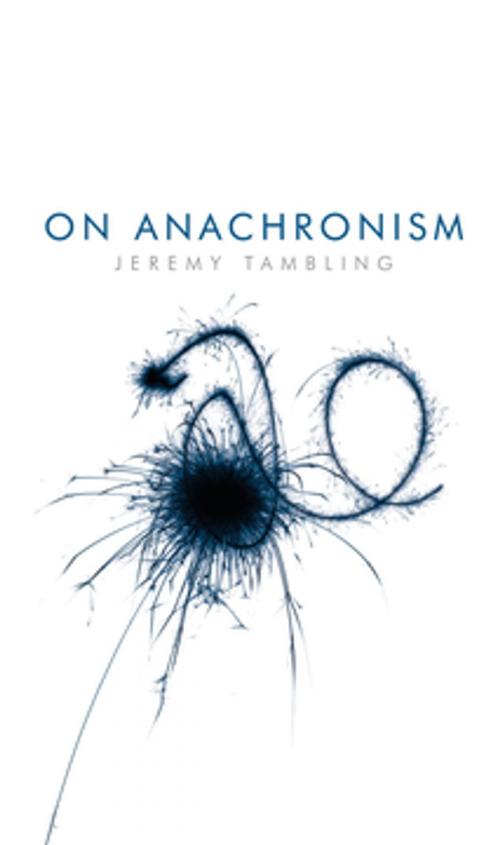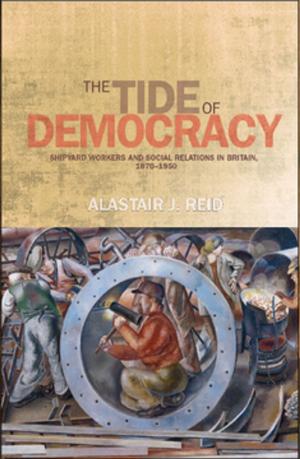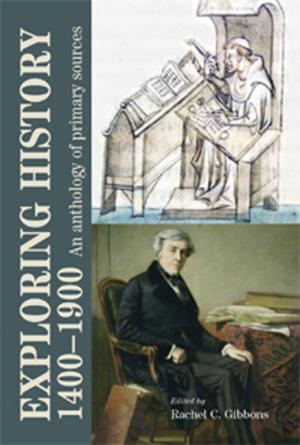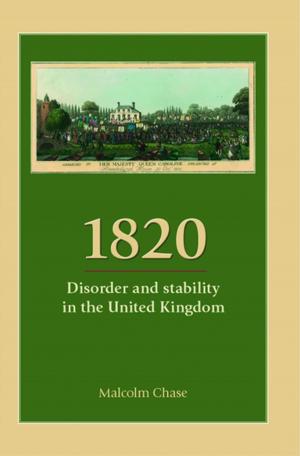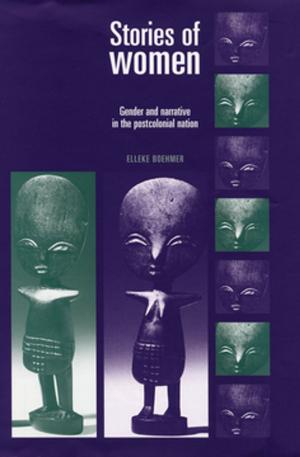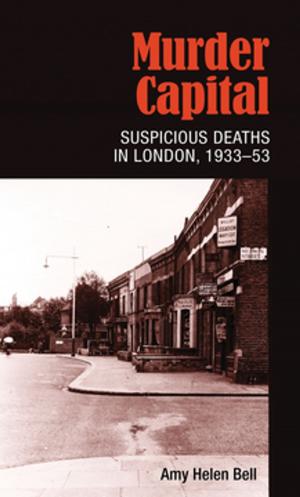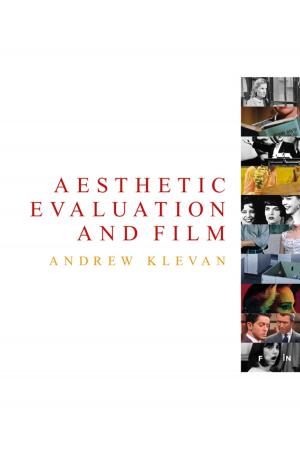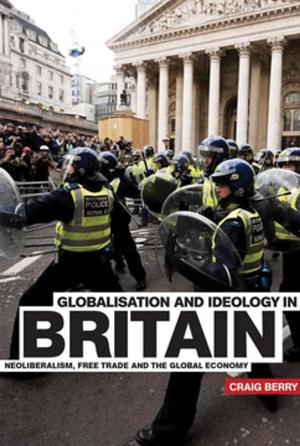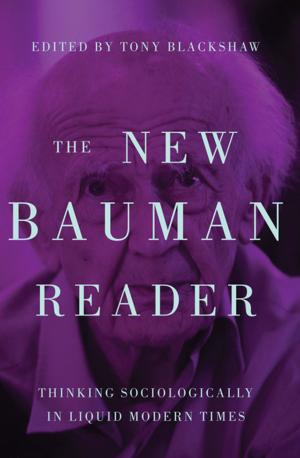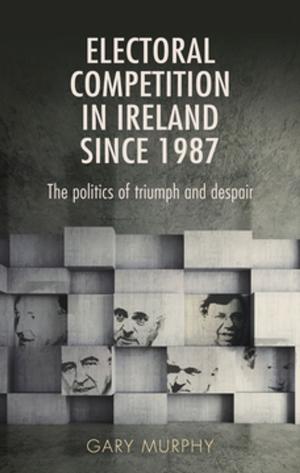| Author: | Jeremy Tambling | ISBN: | 9781847797728 |
| Publisher: | Manchester University Press | Publication: | July 19, 2013 |
| Imprint: | Manchester University Press | Language: | English |
| Author: | Jeremy Tambling |
| ISBN: | 9781847797728 |
| Publisher: | Manchester University Press |
| Publication: | July 19, 2013 |
| Imprint: | Manchester University Press |
| Language: | English |
On Anachronism joins together Shakespeare and Proust as the great writers of love to show that love is always anachronistic, and never more so when it is homosexual. Drawing on Nietzsche, Freud, Heidegger, Derrida, Blanchot and Levinas and Deleuze, difficult but essential theorists of the subject of ‘being and time’ and ‘time and the other’ the book examines why speculation on time has become so crucial within modernity. Through the related term ‘anachorism’, it considers how discussion of time always turns into discussion of space, and how this, too, can never be quite defined. It speculates on chance and thinks of ways in which a quality of difference within time – heterogeneity, anachronicity – is essential to think of what is meant by ‘the other’. The book examines how contemporary theory considers the future and its relation to the past as that which is inescapable in the form of trauma. It considers what is meant by ‘the event’, that which is the theme of all post-Nietzschean theory and which breaks in two conceptions of time as chronological.
On Anachronism joins together Shakespeare and Proust as the great writers of love to show that love is always anachronistic, and never more so when it is homosexual. Drawing on Nietzsche, Freud, Heidegger, Derrida, Blanchot and Levinas and Deleuze, difficult but essential theorists of the subject of ‘being and time’ and ‘time and the other’ the book examines why speculation on time has become so crucial within modernity. Through the related term ‘anachorism’, it considers how discussion of time always turns into discussion of space, and how this, too, can never be quite defined. It speculates on chance and thinks of ways in which a quality of difference within time – heterogeneity, anachronicity – is essential to think of what is meant by ‘the other’. The book examines how contemporary theory considers the future and its relation to the past as that which is inescapable in the form of trauma. It considers what is meant by ‘the event’, that which is the theme of all post-Nietzschean theory and which breaks in two conceptions of time as chronological.
